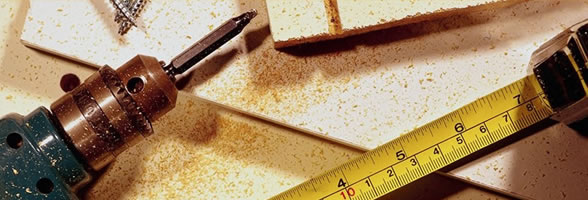
The Endocrine System
What is the difference between an endocrine and exocrine gland?
|
Endocrine |
|
|
Exocrine |
|
How do the effects of hormones and the effects of nerve action on the body differ?
|
Hormone |
Nerve Action |
|
Slow acting |
Fast acting |
|
Chemically based |
Mostly electric signals |
|
Effects are widespread |
Localised area effected |
|
Eg. Puberty |
Eg. Raising a hand |
What is a target area?
The site where a hormone has effect is called the target area. Eg. Anti-diuretic hormone’s target area is the collecting ducts of the nephron in the kindey, which is reached via the bloodstream.
What is negative feedback?
This is the method by which hormones such as thyroxine are released. If thyroxine levels in the blood are low, the pituitary gland releases more Thyroid Stimulating Hormone, causing it to stimulate the thyroid gland to produce more thyroxine. If thyroxine levels are correct, no TSH is produced and therefore no thyroxine is produced.
An example of a use of hormone supplements:
- The contraceptive pill –prevents ovulation
- Insulin – used to treat diabetes
For the exam, it is vital to know at least one example of each of the following:
|
Need to know: |
For example: |
|
Gland |
Thyroid |
|
Hormone produced |
Thyroxine |
|
Location of gland |
In the neck |
|
Role of hormone |
Controls rate of metabolism |
|
Disorder caused by deficiency of this hormone |
Low levels of thyroxine in children causes cretinism. This leads to retarded mental and physical development and low metabolic rate. |
|
Treatment for disorder |
Iodine tablets |
Past Exam Questions: Endocrine System
2010 Q11 C
2008 Q13 C

2007 Q15 B

2005 Q14 C (i) & (ii)

2005 Q3 C![]()





